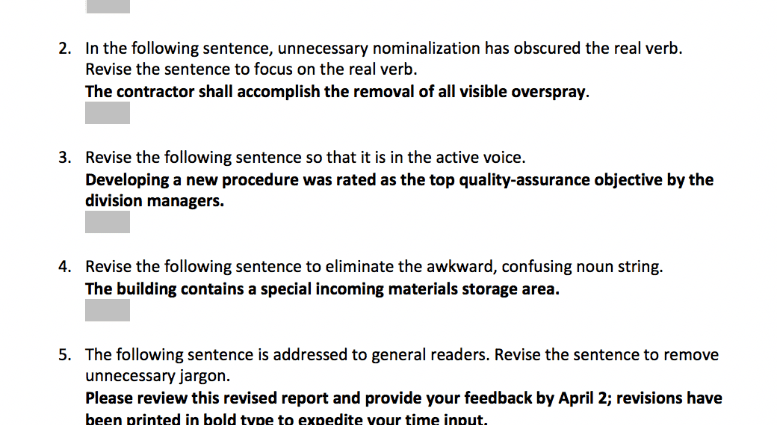Contents
Being pretentious: flaw to correct or quality to express?
Who has never been irritated in front of a pretentious character, always putting himself forward, and bringing out his qualities at the slightest opportunity? This excess of self-confidence is often frowned upon. But sometimes a lack of self-esteem is worse. Between overconfidence and lack of esteem, it is sometimes difficult to find the right balance. So, the claim, a defect or a quality?
What is it to be pretentious?
A pretentious person considers himself superior, and seeks to assert himself by ridiculous excesses. “Pretentious” has the synonyms of arrogant, proud, conceited, which are even more pejorative qualifiers.
But what is a pretentious person hiding in this habit of constantly showing off and placing himself above others?
Someone who is deeply sure of herself does not need to demonstrate her value in every conversation, nor that she is superior.
According to psychoanalysts, the pretension is in fact a sign of lack of self-confidence, unacknowledged. The pretentious tries to convince himself and to reassure himself in front of others of his own worth. In fact, he has low self-esteem.
A narcissistically balanced person accepts the idea of having flaws and qualities, without needing to be valued all the time. She also accepts that she cannot be loved by everyone.
The pretentious is incapable of accepting this.
However, he is not necessarily manipulative, like the narcissistic pervert, who needs to overvalue himself in order to devalue the other. These two narcissistic personalities look alike but don’t have the same goal. The pretentious seeks reassurance, the narcissistic pervert seeks his own image in the other, by manipulating him. These two personalities are in any case oscillating between feelings of omnipotence and helplessness.
Why is pretension seen as an annoying flaw?
Pretentious people annoy with their egocentric side, overwhelming for others. It can be difficult then to interact with a pretentious one, to communicate and to have a balanced relationship, because it all ends up coming back to them and their wonderful qualities and personalities. However, there are pretentious and pretentious: not all are unbearable, and it depends on their way of balancing the pretension, of leaving a little room for the other.
It is their inability to leave this place to others that ends up irritating those around them. Of course, everyone has the right to shine, to show their successes and successes, congratulating themselves. However, not everything should revolve around our successes. It is the interest for others which then comes to demonstrate whether one remains in the pretension, or if it is above all self-esteem.
Be careful, however: if people cannot stand being congratulated on our successes, then they may be in jealousy.
How to balance between pretension and good self-esteem?
As we have seen, the line between pretension and self-esteem is often blurry, subtle. Nowadays, with social networks, narcissism has seen itself develop in a considerable way, with this look of oneself to oneself, and in comparison to the successes of others permanently. It is essential to keep a high self-esteem, otherwise we are often crushed by other people this time too sure of themselves, or not enough in the end …
We often spend too much time underestimating ourselves, being hard on ourselves and throwing the first stones at ourselves. If this tendency is too strong, it comes from our childhood, in which we were not sufficiently valued, respected in our choices, encouraged and loved.
There is also the “false modesty” tendency, which would prevent us from admitting our skills, for fear of becoming or appearing pretentious.
But this serves us in our projects and our relationships with others: simply saying it, no more and no less, than what we have done, know how to do, what we are proud of, is more than enough. Having a good opinion of yourself is a challenge for more balanced friendships and romantic relationships.
We often have the impression that a pretentious person “sells” himself to others, to be loved. It is more appropriate, if we want to avoid pretension, to speak of an exchange, even in a job interview.
By exchanging about our qualities, our experiences, our knowledge and our know-how, we will make these characteristics more human, and more natural, while also remaining open to others. Having a good vision of yourself, and avoiding talking too much about your flaws, allows you to build a stronger self-esteem, in order to be in tune with yourself and with others.










